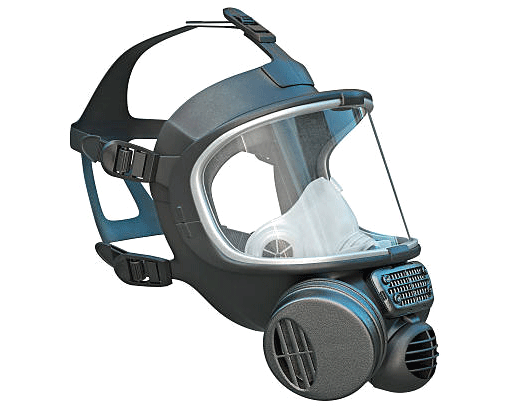Decontamination - Why do I need a professional?
When properly trained, janitorial companies, maintenance staff and individuals can play a good supporting role in helping to maintain a safer environment. Unfortunately, more often than not, they are spreading contaminations as opposed to removing them. On the other end of the spectrum, many abatement/remediation firms propose demolition of contaminated materials first ignoring the put back costs and timing or emotional concerns of the property owner. The reality is that safe and effective is somewhere in the middle. We realize that this is your life, livelihood or even your home and we are focused on how hazardous contaminations impact your life. We work with you to help you live or work in a safer environment, from our safe fast and effective decontamination services through training you and/or your staff on how to maintain the environment after we complete our services. contact us for a free no-obligation consultation on your specific needs.


